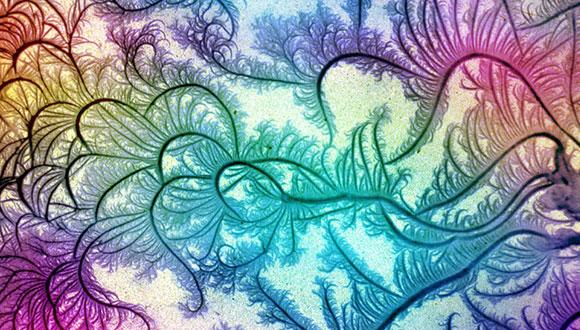Special Condensed Matter Physics Seminar: Universal Dynamics of Human Microbial Ecosystems
Dr. Amir Bashan, Harvard
Abstract:
The recent realization that human-associated microbial communities play a crucial role in determining our health and well-being has led to the ongoing development of microbiome-based therapies such as fecal microbiota transplantation. The microbial communities are very complex and highly personalized ecosystems, exhibiting a high degree of inter-individual variability in both species assemblages and abundance profiles. It is not known whether the ecological dynamics, which can be parameterized by intra- and inter-species interactions and presented by ecological networks, underlying human-associated microbial ecosystems is host-independent (i.e. “universal”) or host-specific. If the inter-individual variability reflects host-specific dynamics due to differences in host lifestyle, physiology, or genetics, then generic microbiome manipulations may have unintended consequences, rendering them ineffectual or even detrimental. Alternatively, microbial ecosystems of different subjects may follow a universal dynamics with the inter-individual variability mainly stemming from differences in the sets of colonizing species. Here we developed a novel method to distinguish between these scenarios. Applying this method to cross-sectional data, we found that both gut and mouth microbiomes display pronounced universal dynamics, whereas communities associated with certain skin sites are likely shaped by differences in the host environment. Interestingly, the universality of gut microbial dynamics is lost in subjects with recurrent Clostridium difficile infection but recovered in the same set of subjects after fecal microbiota transplantation. These results fundamentally improve our understanding of forces and processes shaping human microbial ecosystems, paving the way to design general microbiome-based therapies.
Seminar Organizer: Prof. Shimshon Barad


